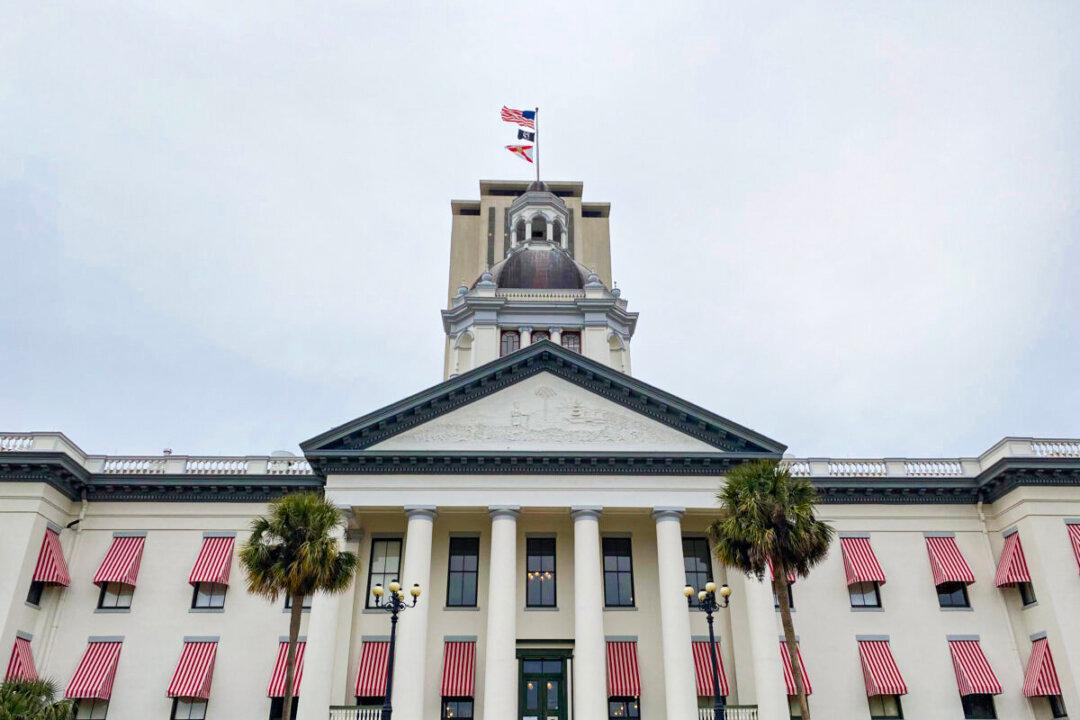Two Florida lawmakers are floating the idea of increasing state legislators’ salaries, claiming the workload has increased in recent years with Florida’s growing population.
The current annual pay rate for Florida’s legislators is $29,697, where it’s remained since 2010. Legislative salaries reached $31,932 in 2007, but these were reduced in 2008 and 2009 (pdf).





